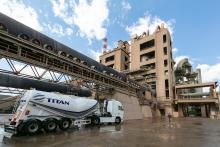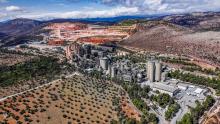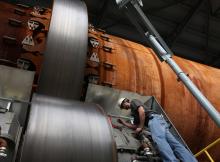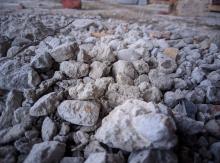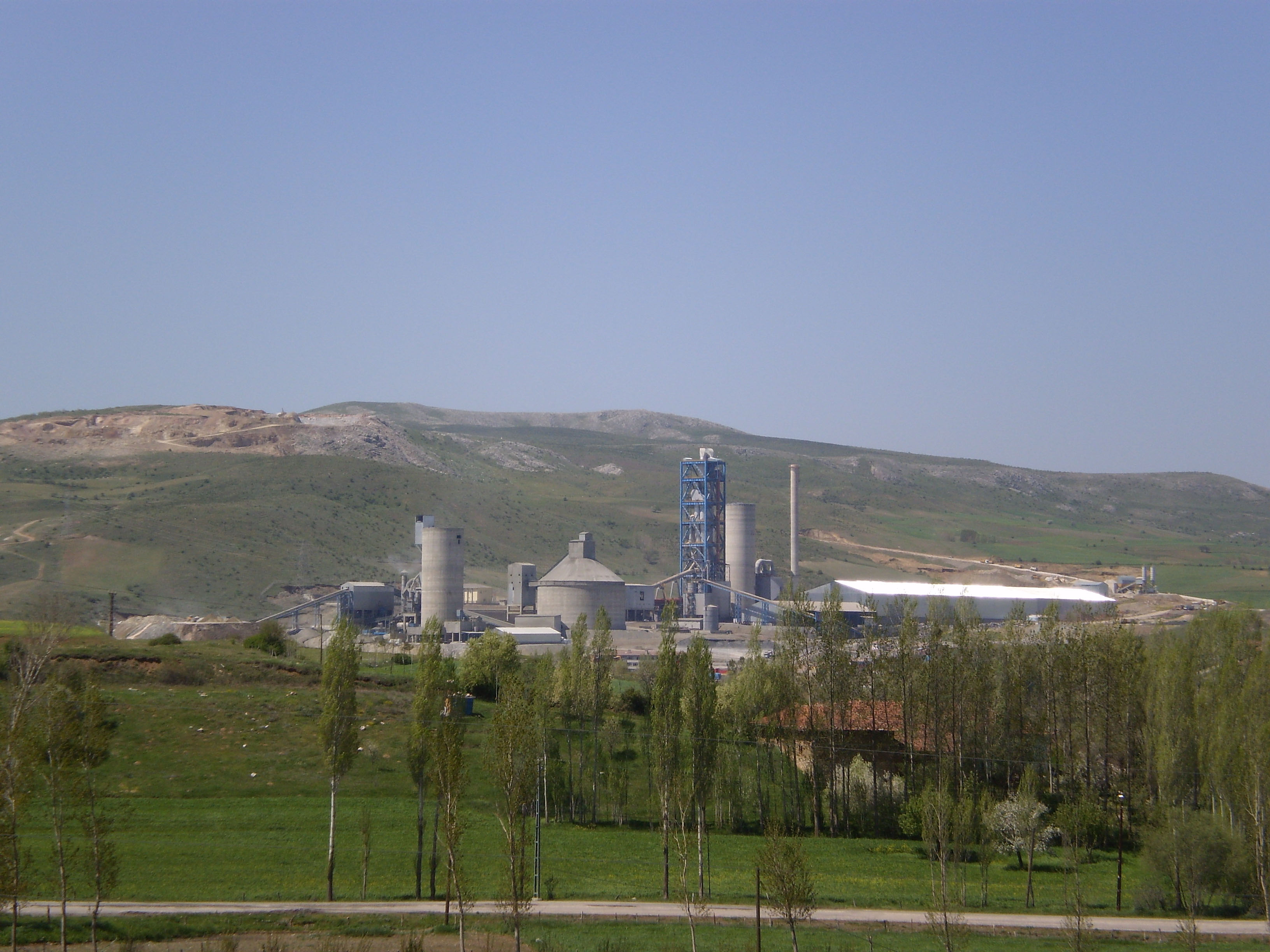
The Greece-based cement producer said the increase was based on robust US demand and the resilience of markets in the Eastern Mediterranean. Group consolidated revenue totalled €384.8mn in Q1 (compared with €362.7mn in Q1 2019), despite the slowdown of business due to COVID-19 since mid-March.
EBITDA declined by €3.7m, reaching €40.6m, mainly due to the 'upfronting' of about €10mn of costs associated with the earlier timing of the plant maintenance in Florida (done in Q2 last year). Titan says these early maintenance-related costs benefited its April results. Preliminary April year to date financials shows that total revenue is flat compared to 2019 at €508mn while EBITDA reached €67.2mn, up by €5.7mn or 9.3%.
The Group Q1 2020 net result after taxes and minority interests was a loss of €15.8mn compared to a loss of €6.2m in Q1 2019. Titan says this year's decline was caused by €9mn of one-off mark to market losses on fixed US$interest rate hedges.
The group says that sales volumes were positive across all product lines.
Group cement sales increased by 4% supported by higher demand across most markets. Aggregates sales increased by 3%, and ready-mix sales increased by 2%. In light of the government measures imposed under the COVID-19 pandemic, the board of directors decided to hold the general meeting on 14 May 2020, remotely.
Since mid-March 2020 Titan Group says that the outbreak of the coronavirus had a significant, although unevenly distributed impact on demand for its products. The early impact of the pandemic on the concrete sector was less severe than initially feared. Construction has been deemed to be an essential service in most markets, and all Titan's cement plants continued their operations, adjusting their production to satisfy the current level of demand.
The group estimates that cement markets have declined over the past six weeks by some 10% in Florida and the Mid-Atlantic, as well as Turkey, to about 30%-40% in more severely affected markets like Southeast Europe and New York. Greece is somewhere in between, while in Egypt there was growth despite the adversities. As lockdown measures are gradually lifted, Titan says it is already observing increases in market consumption.
Commenting on the outlook for the rest of the year, Titan stated: "We are clearly in [uncharted] territory, with low visibility and high uncertainty over the next few months. We expect demand for our products to be hit, although the depth and duration of any decline cannot be assessed at this time.
"In particular, demand for housing will likely be held back by declining confidence and rising unemployment. Similarly, commercial projects risk being postponed or cancelled."
On the positive side, Titan said that a number of factors would support the resilience of the sector. Construction is viewed as a safe and essential industry, and the sector can benefit from the efforts of governments and global institutions to mitigate the impact on the economy.
It added that acceleration of public works has already been included in action plans under discussion, and federal spending on infrastructure in the US or the launch of "mature" large projects in Greece may provide counterbalancing support.
"Declining energy costs provide a tailwind to our results," Titan stated. "As previously mentioned, we are taking decisive and targeted measures in the areas that are under our control."
It added that these included ensuring the health and safety of our employees and partners, ensuring adequate liquidity, and reducing costs and improving operating cash flow.


